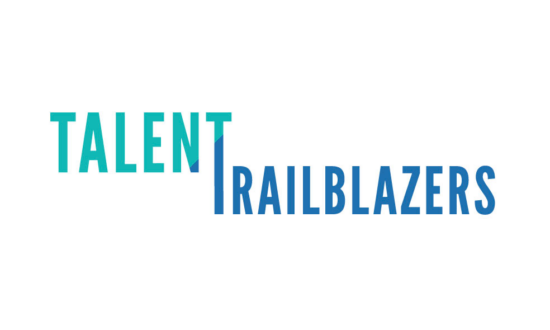It has been a tumultuous few months for the banking industry. And while no institution is immune to recent rumblings in the world economic situation, Union Bank of California (UBOC) has not been impacted as deeply as other organizations due to a well-managed environment. Core to the San Francisco-based company’s strategic approach for success is a focus on continued training and development for employees across all levels of the organization, from tellers to senior executives.
“During economic downturns, it’s especially critical to have smart, talented leaders who can break down silos and help drive revenue,” said JoAnn Bourne, senior executive vice president of the Commercial Deposits and Treasury Management Group. “At Union Bank, we take a long-term perspective on developing talent. Looking at quarter-to-quarter financial results and reacting by cutting talent management programs is short-sighted and will have a negative business impact in the long run.”
Bourne and the other 13 members of the organization’s Executive Management Committee believe so strongly in developing their people that they meet as a group at least once a quarter to focus specifically on talent management. This senior group works hand in hand with UBOC’s talent management and training and development departments to create programs that are closely aligned with the bank’s business objectives.
A core competency in the organization is collaboration. “We’re a bank. We sell a lot of different products,” said Robert Hack, Ph.D., head of training for UBOC. “Unless we can talk internally across business units, people will be selling only their own offerings, missing many opportunities.”
Working with Personnel Decisions International (PDI), UBOC has implemented several programs to help break down silos. For example, Impact Without Authority helps leaders influence others who may not be their direct reports by showing them how to establish credibility, build internal networks and apply influencing skills.
One of the most comprehensive programs, called LEAD (Leadership Enterprisewide Accelerated Development), focuses on high-potential leaders by giving them a broader, cross-functional perspective. The ultimate goal is to develop leaders who can think strategically and make decisions for the good of the entire organization, not just their specific areas.
The six-month blended learning program includes 360-degree assessments, individual and group coaching, classroom learning and an action-learning team project in which groups help solve critical business issues such as the creation of alternative work environments, communications surrounding benefits and a more effective online strategy. The bank currently is implementing many of the recommendations put forth by the first group that went through the program.
“There were several benefits to the program beyond the tasks at hand,” said Pinkie Laye, senior vice president and director of talent management for UBOC. “For example, group members formed deeper professional relationships that will help them solve problems and find opportunities down the road.”
In addition, senior management had the opportunity to see firsthand the participants’ leadership styles. “We really can understand the long-term potential of our people, which allows us to tailor our development programs and help us with our succession management plans,” Bourne said.
In 2009, programs for senior leaders are being expanded, and training for all levels is being enhanced. There now are more than 300 self-directed online training programs on a wide variety of topics available for all employees who wish to participate.
“We have continued to invest in professional development at all levels because we know that a skilled workforce will give us a competitive advantage that is well worth the investment,” Hack said










